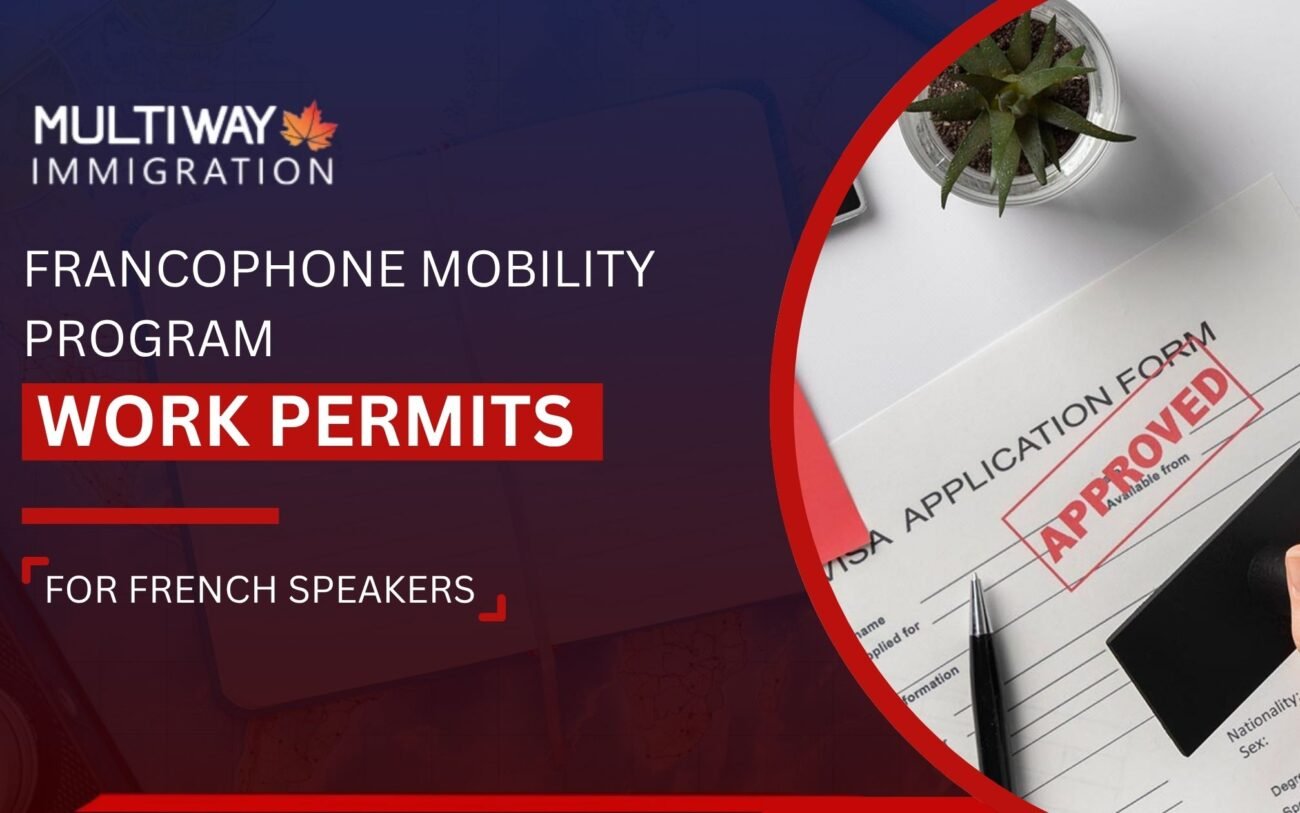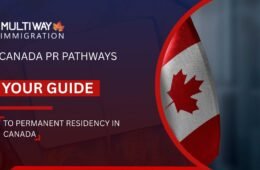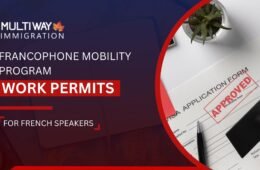
The Francophone Mobility Program is designed to help Canadian employers hire French-speaking foreign workers quickly and easily for jobs outside Quebec. This program lets employers skip the need for a Labour Market Impact Assessment (LMIA) and makes the hiring and immigration process faster and more affordable for both employers and skilled workers.
What is the Francophone Mobility Program?
The Francophone Mobility Program (LMIA exemption code C16) provides a simple way for French-speaking workers to get a work permit in Canada, except for jobs in Quebec or the primary agriculture sector. Workers with intermediate-level French skills and a valid job offer outside Quebec can apply, regardless of their home country or age.
Key Features and Benefits
For French-Speaking Workers
- No Labour Market Impact Assessment (LMIA) needed, leading to a simpler and faster application process.
- Work permits allow bringing spouses/partners and dependent children, who may also work or study in Canada based on the your job offer NOC .
- Valid for jobs throughout Canada except Quebec, in any TEER category (except primary agriculture at TEER 4 or 5).
- Opportunity to gain Canadian experience and build a path to permanent residency.
- Support to join Francophone minority communities and benefit from settlement services and community programs.
For Canadian Employers
- Easier and faster hiring of skilled French-speaking workers without advertising the job or waiting for an Labour Market Impact Assessment (LMIA).
- Lower costs for recruitment and compliance.
- Access to a motivated pool of bilingual candidates, which enriches workplace diversity and supports bilingual business efforts.
Eligibility Criteria
Language Requirements
Applicants must show intermediate French language proficiency (NCLC/CLB level 5 or higher in speaking and listening). Proof can include:
- Results from TEF or TCF French language tests.
- Written confirmation, transcripts, or completion letters from a French-language college or university program.
- Other education documents showing French as language of instruction.
Job Offer Requirements
- Valid job offer from an employer outside Quebec.
- Job must not be in the primary agriculture sector at TEER 4 and 5.
Other Requirements
- Meet general eligibility criteria for a Canadian work permit and prove ability to do the offered job.
- Be admissible to Canada and pass any required background or medical checks.
Step-by-Step Process
For Employers
- Create an account in the Employer Portal.
- Submit a job offer using LMIA exemption code C16 before the worker applies.
- Pay the $230 employer compliance fee.
- Receive a 7-digit job offer number to give the worker.
For Workers
- Gather documents including job offer, passport, proof of French, and identity papers.
- Create or sign in to a secure online account on the IRCC website.
- Select the right work permit type (“LMIA-exempt employer-specific work permit”).
- Complete all required forms and upload the documents as instructed (combine multiple files if required).
- Pay the work permit processing fee and submit the application online.
- If approved, obtain either a Temporary Resident Visa (TRV) or Electronic Travel Authorization (eTA).
- Plan for arrival in Canada and prepare any accompanying family members.
Bringing Family
Spouses or common-law partners may apply for an open work permit. Dependent children can go to school or university while the worker is employed. Family member eligibility varies by the worker’s job and occupation.
Pathways to Permanent Residency
Francophone Mobility work permit holders often become eligible for permanent residency through programs such as Express Entry and Provincial Nominee Programs, which award extra points for French language fluency and Canadian work experience. Rural and Francophone community pilots also provide fast tracks to permanent residence for skilled workers with local job offers.
Living in Francophone Communities
Canada has several welcoming Francophone communities that support newcomers through art, culture, settlement services, and dedicated initiatives. Programs like Welcoming Francophone Communities and the Destination Canada Mobility Forum help newcomers find jobs and integrate more smoothly into Canadian society.
Quick Program Comparison Table
| Program | Best For | Key Benefit | Location Focus |
| Francophone Mobility Program | Skilled French-speaking workers | LMIA-exempt work permit | Anywhere in Canada outside Quebec |
| Rural Community Immigration Pilot | Skilled workers in rural areas | Direct PR pathway | Rural communities outside Quebec |
| Francophone Community Immigration Pilot | French-speaking skilled workers | Direct PR pathway | Francophone minority communities outside Quebec |
| FMCSP | Francophone students | Study + settlement support | Francophone minority communities outside Quebec |
Resources and Settlement Support
- Explore Francophone minority communities for sociocultural and support benefits.
- Find information on settlement, benefits of living in Francophone communities, and supports available for newcomers.
- Join events such as the Destination Canada Mobility Forum to discover job opportunities and get advice on living in Canada as a French speaker.
Conclusion
The Francophone Mobility Program makes it easier for French speakers to work and live in Canada outside Quebec. Both workers and employers benefit from a simple process, family support, fast pathways to permanent residence, and welcoming communities for newcomers. For questions, personalized advice, or support, reach out to Multiway Immigration today for expert guidance and a personalized consultation.





